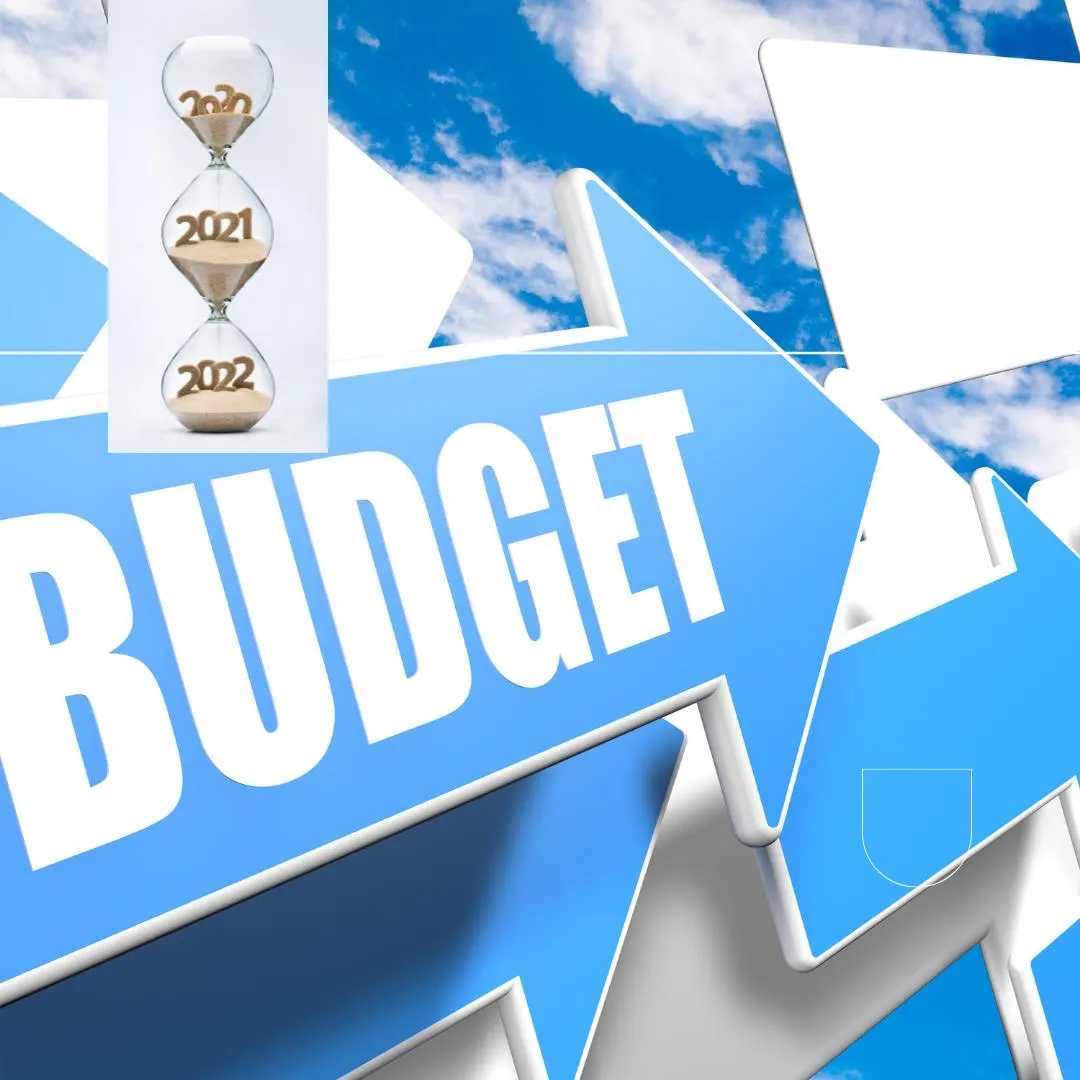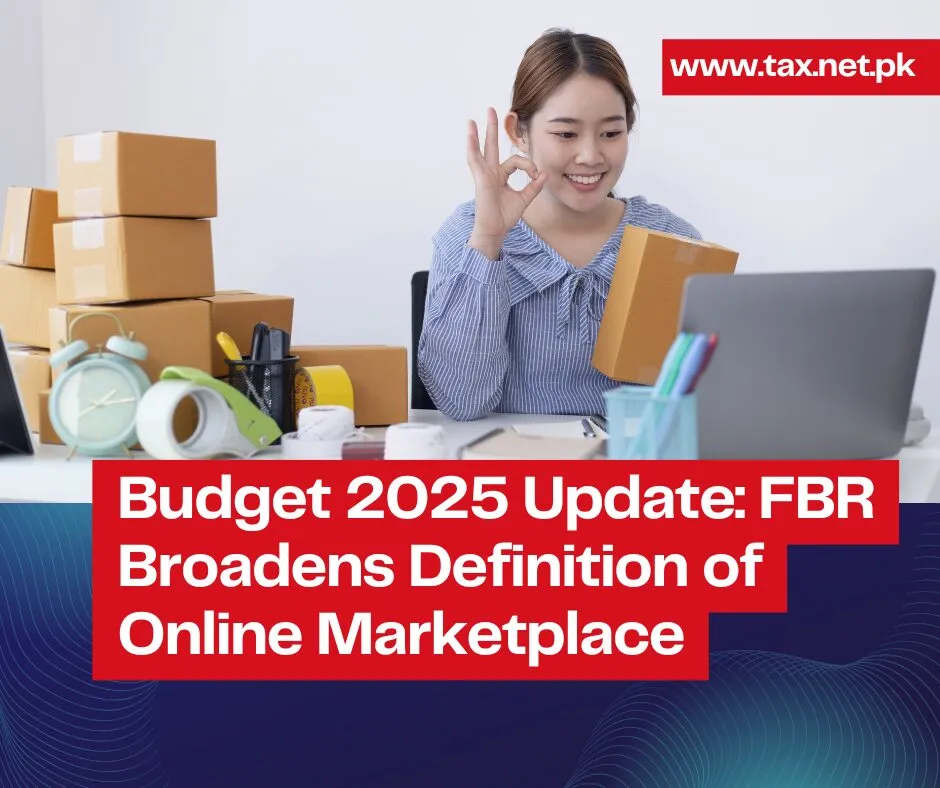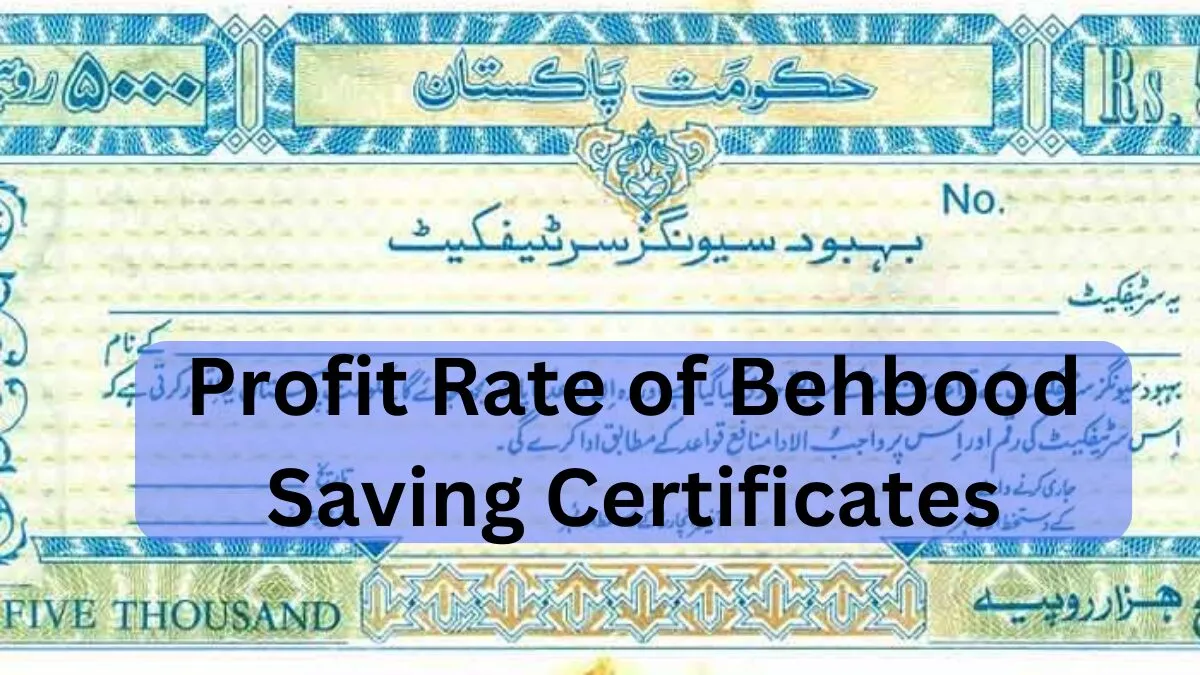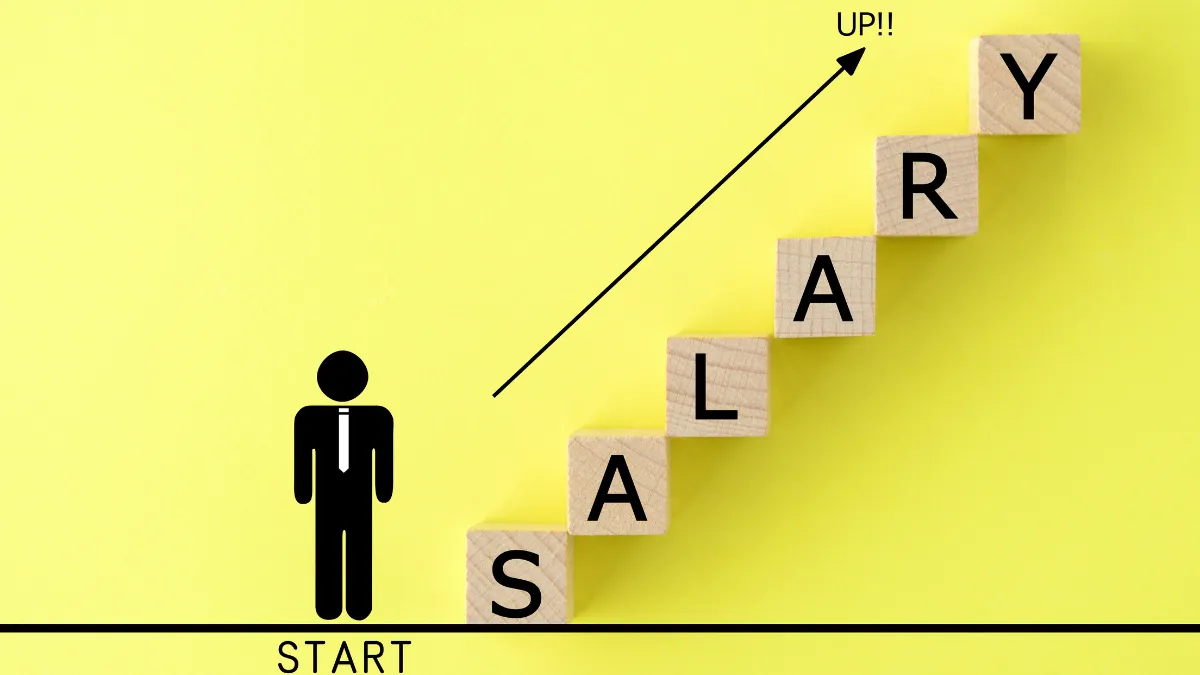Federal Minister for Finance Shaukat Tarin on Thursday presented the much-awaited supplementary finance bill 2021 — termed by the Opposition as a “mini-budget” — in the National Assembly, as a pre-requisite to resume the $6 billion External Fund Facility (EFF) of the International Monetary Fund (IMF).
The Opposition staged a vehement protest and chanted slogans to prevent Shaukat Tarin from introducing the Finance Bill 2021 and SBP Amendment Bill in the House.
Supplementary finance bill 2021
Sales Tax Exemptions Withdrawn
According to the finance ministry’s proposal, the government will impose a tax on approximately 150 goods at a rate of 17%. Therefore, goods that were currently either completely exempt from General Sales Tax (GST) or being taxed at 5% to 12% rates would now be taxed at 17%.
- The income tax rate on mobile phone calls will increase from 10% to 15%.
- It was also proposed that imported meat and poultry items should be exempted from tax.
- Meanwhile, the GST rate on cars above 1,000cc will go up to 17% and the tax on the import of electric vehicles in CBU conditions will increase from 5% to 17%.
- Zero-rating available on supplies of raw materials for imported milk would be withdrawn and be taxed at 17%.
- Duty-free shops will be taxed at 17%. As they will be taxed for the first time, there are no revenue estimates.
- The finance bill also proposes that bread prepared in bakeries, restaurants, food chains and shops be taxed at a 17% rate.
- Sales tax on prepared foodstuff and sweetmeats supplied by restaurants, bakeries, and sweet shops will increase to 17%.
- Goods received as gifts from a foreign government or organisation will be taxed at 17%.
- Cottonseed is proposed to be taxed at 17% GST. Meanwhile, the bill proposed increasing the tax on machinery for the poultry sector from 7% to 17%.
- The GST on silver and gold will increase from 1% to 17%, while tax will be imposed on computers and laptops.
- Raw material for medicines will be taxed at 17% GST.
Further High Inflationary Proposals
According to the bill, the end of tax exemption on imported food items will impose an additional burden of Rs215 billion.
The bill proposes to impose a 17% additional tax on imported mobile phones.
The document, however, reveals that tax would not be increased on computers, laptops, textbooks, and stationery items. Earlier, there were reports that the government planned to jack up tax on these items.
Similarly, the tax on the prices of Electric Vehicles parts would not be increased, though electric vehicles (EVs) would be taxed at the rate of 17% instead of current 5%.
However, the government has imposed taxes on several services in the federal capital, Islamabad.
People providing services in the sectors of information technology (IT), automobiles, health club, gyms or fitness centers, personal care, travel, auto workshops, industrial machinery workshops will pay 5% GST if they are working in Islamabad.
Owning a car has also become expensive. The federal excise duty on vehicles over 1000 cc has been increased. The government has also doubled the vehicle registration fee and advance tax.
The mini-budget levies advance tax on foreign TV serials and dramas. A single episode of a foreign TV serial would be taxed Rs1 million and a one episode play would be taxed Rs3 million.
The government has abolished the Rs215 tax exemptions on imported food items.
There is a proposal to withdraw the rebate on imported machinery for the power sector.
Under the bill, Rs9 billion tax exemptions on zero-rated items have been abolished.
The “mini-budget” was one of the conditions of the IMF which was to be met before January 12, 2022, in order to recover more than $1 billion in instalments from the Fund.
Earlier, Prime Minister Imran Khan had summoned a federal cabinet meeting to approve the Finance Bill, which was later to be presented in the National Assembly.
Following the meeting, Federal Minister for Broadcasting and Information Fawad Chaudhry confirmed on Twitter that the federal cabinet has approved the bill.
Mini-budget impact
- Imported smartphones will become expensive with GST increased to 17%
- Tax on phone calls will be increased to 15% from the current 10%
- Imported vehicles will be taxed at the rate of 17% instead of current 12.5%
- Owning a locally manufactured car will also cost more as the government has increased the registration fee 100%.
- Electric vehicles (EVs) too will cost more as the government increase GST to 17% from 5%
- Imported infant formula (baby milk) to become more expensive
- Imported food items including biscuits and cheese will cost more, but the government believes only the rich consume them.
- Women will be paying more to look beautiful as tax goes up on imported makeup products.
- Government will also impose 17% GST on the duty free shops at airports.
- If you provide services in Islamabad you will have to pay 5% tax.








One comment on “What is new in Govt announced supplementary finance bill 2021?”
Comments are closed.